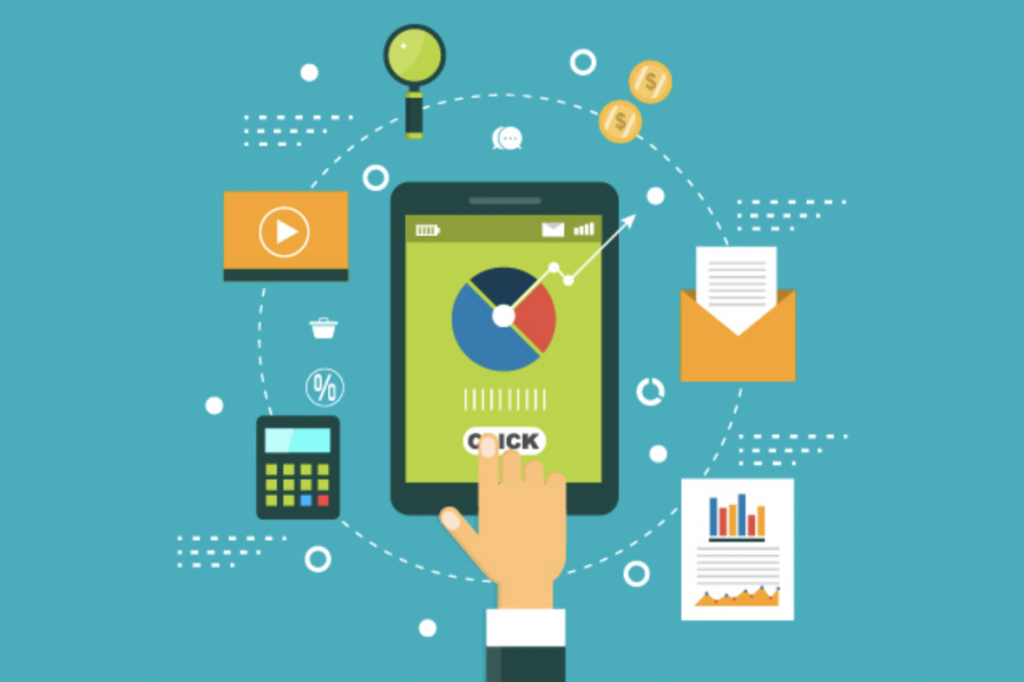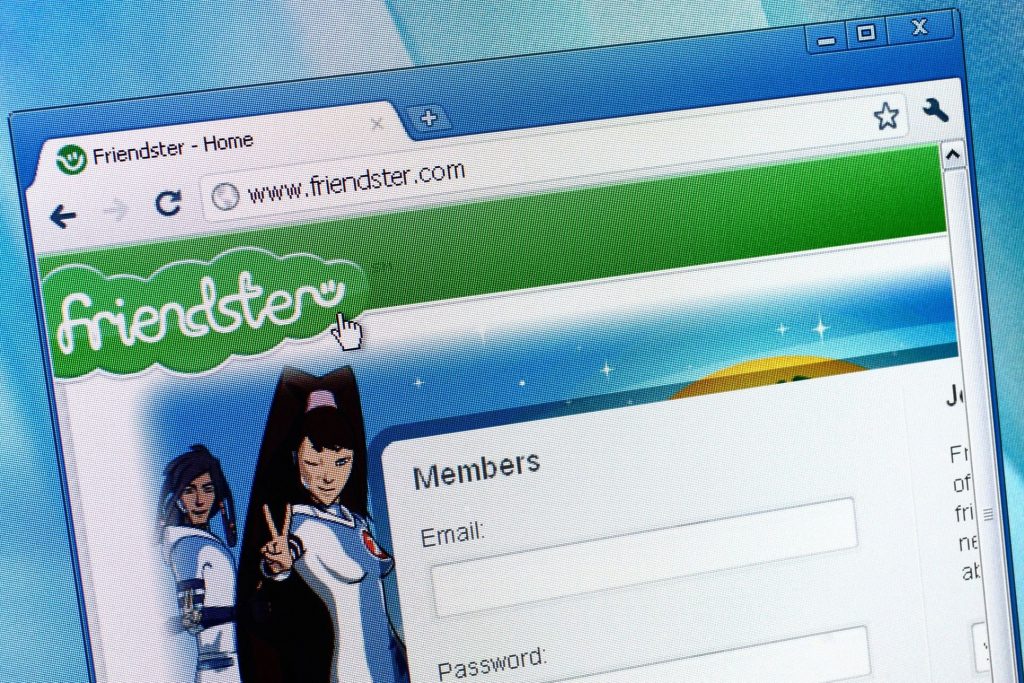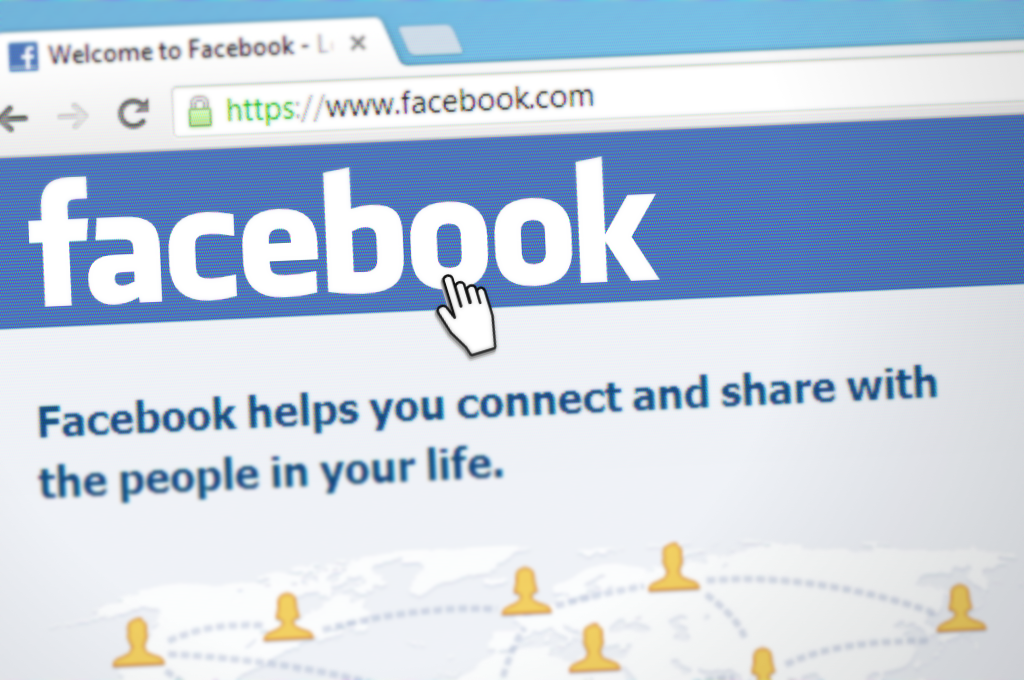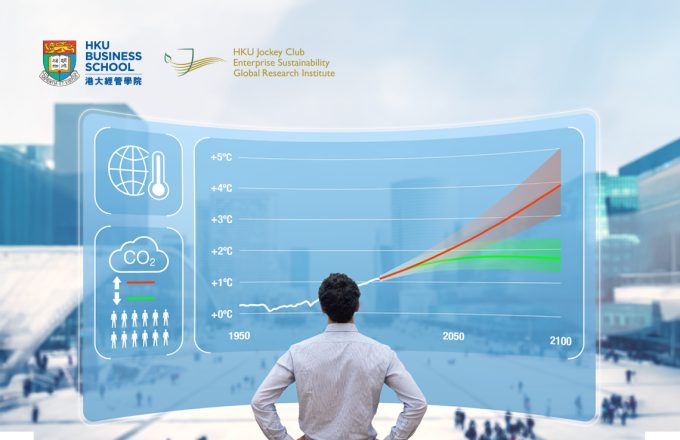A brave new world for marketing

Every time you click an ad on a website, a cookie will be stored in your computer which helps advertisers track sales and other conversions.
As coronavirus rages across the globe, online business is still booming, with data and analytics driving this trend. People now marooned at home for the foreseeable future are finding the daily goods they need from online stores, solace in conferencing apps, and entertainment provided by streaming platforms. The world is revolving increasingly online with lockdowns in place, and data is being even further highlighted as an undisputable source of wealth.
Connected communities driving society
We often think of online communities as a new phenomenon, but in reality is the concept is more than 20 years old, and has been examined even longer. “Social networks have been studied in sociology for fifty to sixty years so they are nothing new, what shifted the game were the platforms that preceded Facebook such as Friendster. The big change has been from communicating in neighbourhoods, where people share differences, to moving online in an arena that has a gravitation towards biases,” says Dr. Tuan Phan, Associate Professor of Marketing at HKU Business School.

Founded in 2002, Friendster was once considered the top social networking site. (Credit: iStock)
Utopian visions of egalitarianism and open society have been trumped by silos of information turning civic debate into radicalism. “Efficient communication is polarising biases. There is more private information as opposed to the early days of more broadcast, and this creates an echo chamber effect, amplifying beliefs and causing bias even in cases where a person is trying not to be,” says Dr. Austin Zhuang, Assistant Professor of Marketing at HKU Business School, whose research interests include online advertising and multi-channel marketing strategy.
Another source of conflict in the battle for clicks is between advertisers and platforms who have different aims. Native advertising, which mimics the organic content on online platforms, can lead both to great benefits and a range of problems. “Quality of clicks is causing the conflict between advertisers and platforms. Platforms want clicks to maximize the commission fees, but advertisers want an optimal outcome from a limited number of clicks. Advertisers need to work closely with the platforms regarding advertisement design and placement considering mutual benefits,” says Dr. Zhuang.
There are good reasons for both advertisers and platforms to strive for this. “In the online advertising industry, a huge issue is how to weaken consumers’ general prejudice towards messages. Although native advertisements are designed to be less disruptive or annoying, if not aligned to consumers’ desires, they could backfire on advertisers or platforms as consumers are misled to click and are being deceived. This will end up with consumers having negative attitudes toward both the advertisers and platform,” Dr. Zhuang adds.
Privacy concerns cause backlash
In 2016, the power of social media to influence major elections led to an uproar against the tech industry, which started facing other claims that it barely protected consumer privacy, and was actively exploiting users. “People feel like firms are monitoring them, and this means the rise of consumer protection, one way we can tackle this issue is encourage formal laws and protections around how data is collected and saved,” says Dr Ivy Dang, who recently joined HKU Business School as Assistant Professor of Marketing. Dr. Dang’s research interests include the economics of information, and how this affects consumer behaviour.

Facebook, the world’s largest social network, pledges to combat fake news and political interference ahead of the U.S. presidential election in November 2020. (Credit: Simon Steinberger from Pixabay)
This movement is gaining traction across the world, with more data privacy acts, seen by as a positive sign that collecting data can be done in a way that helps consumers. “In general I would say that much of the worries are overblown, considering that in academics we need to offer an unbiased third party view of phenomenon, and the impact of big data on privacy is not as huge as we assume,” says Dr. Phan. “Yet with the collection of offline data, social networks are evolving more into a seamless integration of the human experience both online and off,” he adds.
Data for the good of humanity
While many observers have focused on the rise of fake news, privacy breaches and misleading advertisements as signs that the tech industry as gone astray, academics often see the strong value of data to change the world for the better. “Marketers are now looking for creative ways to use data and add value, whether this is leveraging services for people, in areas from health-tech to fintech,” says Dr. Jayson Jia, Associate Professor of Marketing at HKU Business School, who has been using mobile data to help fight COVID-19 in China. “In Asia, we have been able to get data to slow down the spread of the virus, so privacy is important, but where do we draw the line? If there is too little data, firms can’t do a good job in offering targeted services that the consumer wants. People are afraid of privacy being taken away, but removing access to data might actually make the situation worse,” Dr. Phan adds.
It is a view agreed with by Dr. Jia: “Recent research from China shows that if you put too many strong restrictions in place, the quality of services drops drastically. Without cookies you see many things that are not tailored to you and the experience is generally horrible, and the result is many mom and pop operations online suffer as they are unable to discern niche interests,” says Dr. Jia. “But we need to also need to look at what is gratuitous collection of data – if you look at the power that some big companies have it is truly frightening, especially as firms move into areas like finance and healthcare, they basically own you,” he adds.
Information itself is useless, it needs to be molded into something that can be utilised for the betterment of society. “The value of data is not actually the data itself, but what you can make out of it. That’s the likes of social psychologists and neuroscientists have been the hot new hires,” says Dr. Jia.
The Faculty works with the likes of China Telecom, China Unicom and Facebook, among others, and it is clear that academics are a valued commodity within the tech industry. “There’s so much that can be done already without loss of privacy, and that does not need individual level data, that’s not being shared with a third party,” Dr. Jia says.
With the world always focused on progress, people often overlook strides made in protecting personal information – some may argue that humanity has a comparatively high expectation of privacy compared to any time in history. “It is a double edged sword, perfect marketing needs information to target consumers,” says Dr. Zhuang. Placed in the right hands, data might be able to deliver a brave new world to raise standards for all.







